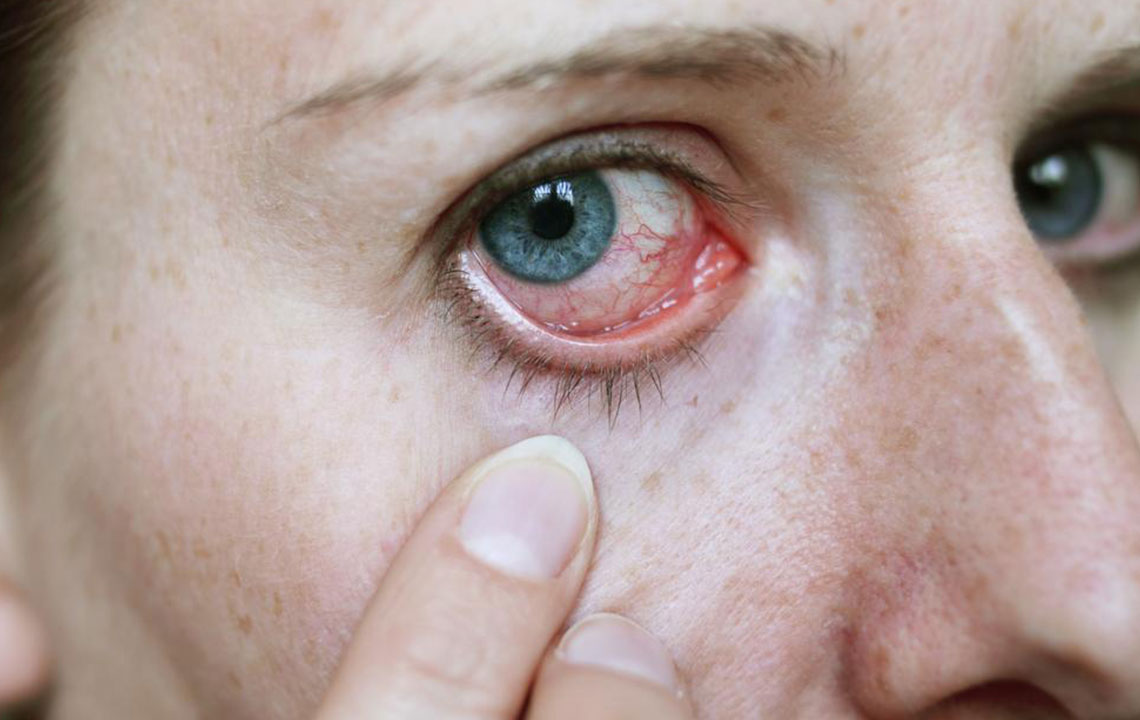How to Treat Pink Eye with Eye Drops
Pink eye, often referred to as conjunctivitis, is considered to be a common type of eye infection. Various remedies are available for getting relief from irritation, redness, swelling, and pain caused by conjunctivitis. One of the best and common ways to treat such an eye infection is by the help of different types of eye drops.

Several over-the-counter (OTC) eye drops for pink eye are available in almost all drug stores, but if you want quick and proper treatment of your eyes, then it is always better to stay under the supervision of a doctor. While using eye drops for pink eye to relieve the symptoms, you must never touch your infected eye with the bottle’s end. If you forget to do so, then it might contaminate the eye drop’s bottle and spread the infection.
The three types of conjunctivitis by which you might get affected are viral, bacterial and allergic conjunctivitis. Among these three, viral conjunctivitis is highly contagious. To get rid of the symptoms like itching, bloodshot eyes, watery and sore eyes, sticky discharge, etc., you need to choose the appropriate eye drop meant for your condition. So, if you are still wondering about the right eye drops for pink eye, which will treat your infection, then you must know that the choice will entirely depend on the factor, which caused the infection. For instance, if you are a patient of bacterial conjunctivitis, then antibiotic drops will prove beneficial for you. But the same drop may not be helpful if it is an allergic reaction.
Many people tend to opt for OTC eye drops for pink eye. But if you find that the condition of your eye is deteriorating, then you must immediately consult an eye doctor for receiving the recommendations of oral medications or stronger drops.
Facts about prescription eye drops for pink eye
The appropriate way of treating pink eyes is to visit an experienced ophthalmologist; he or she will determine the cause of the infection at first and then prescribe the right drops for your eyes. Your prescription might include tropical drops, a short-term course of oral medications, or injections.
In short, prescription eye drops for pink eye are medications that you can purchase only from a trustworthy and qualified medical practitioner who will do a checkup and recommend these medications. Such eye drops cannot be bought without an authentic prescription.
Here are some of the prescribed antibiotic eye drops for pink eye:
- Certain eye drops belong to the drug family named aminoglycoside antibiotics. It is highly efficient in killing bacteria present in your infected eyes. While using such an eye drop, you must ensure that you are using it according to the directions of your physician. He or she will recommend the brand name to you in this case.
- A few eye solutions contain antibiotics namely Trimethoprim and Polymyxin B. The former prevents bacteria from growing further and the latter plays the role of killing bacteria.
- Another great solution for treating conjunctivitis or pink eyes is an eye solution that belongs to ophthalmic fluoroquinolone antibiotic. Besides treating bacterial conjunctivitis, such an eye drop also treats corneal ulcers. This eye drop kills the susceptible bacteria and stops it from further spreading. It even stops the growth of other bacteria.
- One more family of medication belongs to sulfa antibiotics. Eye drops containing this antibiotic cease the bacteria’s growth and is specially meant for the eyes.
- One of the popular prescription antibiotics intended for bacterial conjunctivitis comes from the Quinolone family. It is proven that the eye solutions that contain this antibiotic works for broad spectrum bacteria, which are responsible for such a discomforting condition of the eyes.
- There are certain eye solutions or drops which will be prescribed by a physician only if conjunctivitis is caused by an allergic reaction. Hence, it won’t be good or rather work properly for other causes of conjunctivitis.
- You will come across certain medications which contain sulfacetamide, which is an antibiotic. Due to the contents, such eye drops are used for treating bacterial conjunctivitis. Sulfacetamide will stop bacteria from growing and corticosteroid will assist in reducing inflammation.
Besides healing the infection with the help of prescribed medications, you may also try various effective home remedies for the treatment of conjunctivitis. However, do so only after checking with your doctor so that it does not interfere with other treatments or medications.











